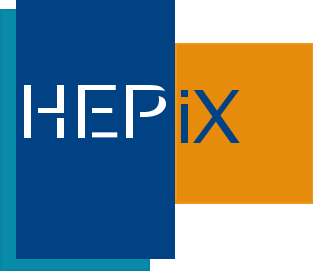Speaker
Description
ZFS is a combination of file system, logical volume manager, and software raid system developed by SUN Microsystems for the Solaris OS. ZFS simplifies the administration of disk storage and on Solaris it has been well regarded for its high performance, reliability, and stability for many years. It is used successfully for enterprise storage administration around the globe, but so far on such systems ZFS was mainly used to provide storage, like for users home directories, through NFS and similar network related protocols.
Within GridPP, ZFS was also used before for the management of user home directories through NFS. These systems were based on Solaris or similar systems like the ones provided by Nexenta. However, most of the Grid Middleware run on Linux systems and not on Solaris and therefore ZFS wasn't used so far for Grid storage management or in general for Grid middleware servers.
Since ZFS is available in a stable version on Linux now, here I will present our experience made with ZFS on Linux since we started to updated all GridPP storage (about 1PB) at our site at the end of last year to be managed by ZFS using the current Linux version of it. Since with larger growing disk capacity raid6 rebuild times get soon too large to be feasible, ZFS built in raid functionality was tested as an alternative to hardware raid systems and the results will be presented. I'll also report on other ZFS specific properties like compression,nfs sharing, and snapshots and how it is working in the Linux port.
ZFS on Linux could be an efficient and cost effective alternative to hardware raid and Solaris based systems, which has characteristics no other file system can provide and which can provide real data safety and reliability.
